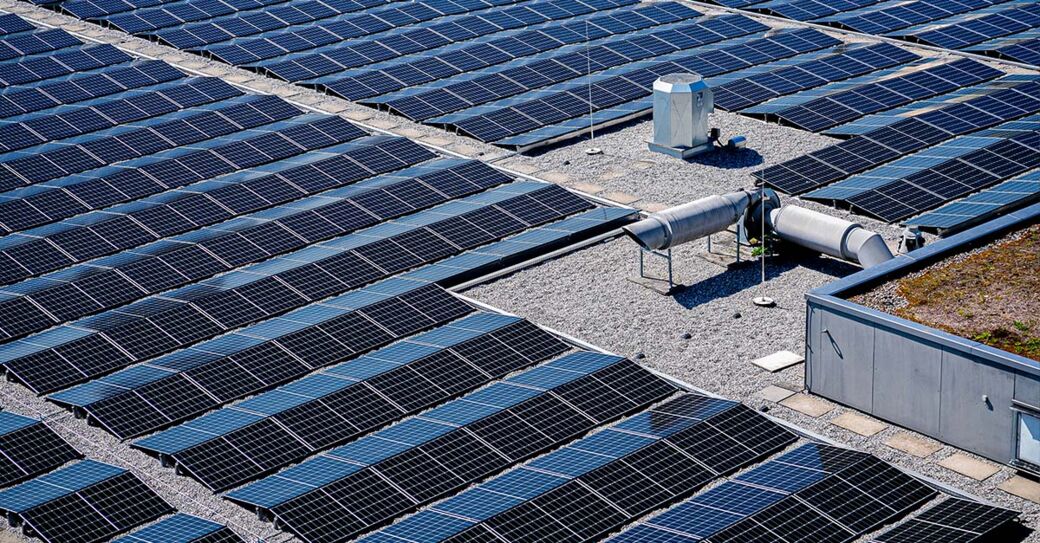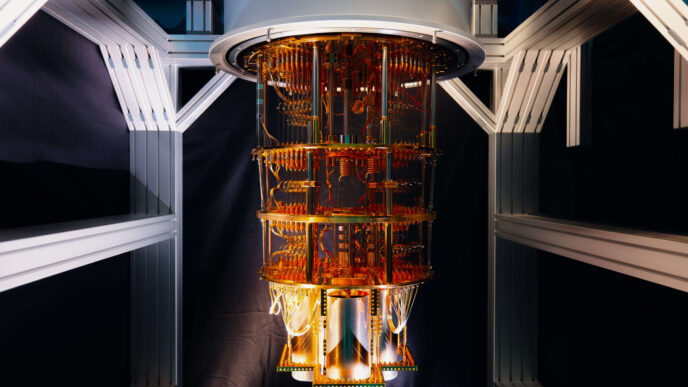Renewable energy innovations are at the heart of the global transition toward a more sustainable and environmentally friendly future. As concerns about climate change and energy security grow, technological advancements are making renewable energy sources more efficient, affordable, and accessible than ever before. Here’s a closer look at how innovations in renewable energy are shaping the future.
What is Renewable Energy?
Renewable energy comes from natural resources that are constantly replenished, such as sunlight, wind, water, and biomass. Unlike fossil fuels, these sources produce little to no greenhouse gas emissions, making them key to combating climate change.
Innovative Renewable Energy Technologies
1. Advanced Solar Power Technologies
- Perovskite Solar Cells: A promising alternative to traditional silicon cells, offering higher efficiency and flexibility.
- Bifacial Solar Panels: Panels that capture sunlight on both sides for increased energy output.
- Floating Solar Farms: Solar arrays installed on water bodies to save land and enhance energy generation.
2. Offshore Wind Farms
- Wind turbines installed in oceans and seas harness stronger, more consistent winds.
- Innovations like floating wind turbines allow for installations in deeper waters, expanding potential energy production sites.
3. Energy Storage Solutions
- Advanced batteries, such as lithium-sulfur and solid-state batteries, are improving the storage and distribution of renewable energy.
- Grid-scale storage systems stabilize renewable energy supply during periods of low production.
4. Green Hydrogen
- Hydrogen produced using renewable energy (e.g., solar or wind) is a clean fuel for industries, transportation, and power generation.
- Innovations in electrolyzers are making green hydrogen more affordable and scalable.
5. Wave and Tidal Energy
- Technologies like oscillating water columns and tidal stream generators convert ocean movement into electricity.
- These sources are predictable and can complement solar and wind power.
6. Bioenergy Innovations
- Algae-Based Biofuels: Algae is being used to produce high-yield biofuels with minimal land and water usage.
- Biogas Digesters: Convert organic waste into methane-rich biogas for cooking, heating, and electricity.
7. Smart Grids and AI Integration
- Smart grids use AI and IoT to manage renewable energy supply and demand in real-time.
- AI optimizes energy distribution, reduces waste, and integrates multiple energy sources seamlessly.
Benefits of Renewable Energy Innovations
- Reduced Carbon Footprint:
- Lower greenhouse gas emissions mitigate climate change and improve air quality.
- Energy Security:
- Renewable energy reduces reliance on imported fossil fuels, enhancing energy independence.
- Economic Growth:
- Renewable energy projects create jobs in research, manufacturing, and installation.
- Cost Efficiency:
- Technological advancements are driving down the costs of renewable energy production and storage.
Challenges in Renewable Energy Adoption
- Intermittency:
- Solar and wind energy depend on weather conditions, requiring advanced storage solutions.
- High Initial Costs:
- The upfront investment for renewable energy systems can be significant, though long-term savings offset this.
- Infrastructure Limitations:
- Modernizing energy grids to accommodate decentralized renewable sources is complex and expensive.
- Policy and Regulation:
- Governments must implement supportive policies to encourage renewable energy adoption and innovation.
Future Trends in Renewable Energy
- Solar Energy Revolution:
- Further development in tandem solar cells and solar paint could make solar energy ubiquitous.
- Decentralized Energy Systems:
- Microgrids and peer-to-peer energy trading platforms will empower communities to produce and share renewable energy locally.
- Carbon Capture Integration:
- Combining renewable energy with carbon capture technologies to achieve negative emissions.
- Global Collaboration:
- Increased international cooperation will drive investment in renewable energy infrastructure and innovation.
Renewable energy innovations are driving humanity toward a cleaner, more sustainable future. By leveraging advancements in solar, wind, hydrogen, and energy storage, we can significantly reduce our environmental impact and create a resilient energy system. However, overcoming challenges like intermittency and infrastructure limitations will require global collaboration and continued investment in research and development.
The future of energy is renewable, and with these groundbreaking innovations, we are closer than ever to achieving a sustainable planet. Are you ready to power the future?
Topics: Energy Storage Future of Sustainability Green Hydrogen Renewable Energy Solar Power Innovations Wind Energy












